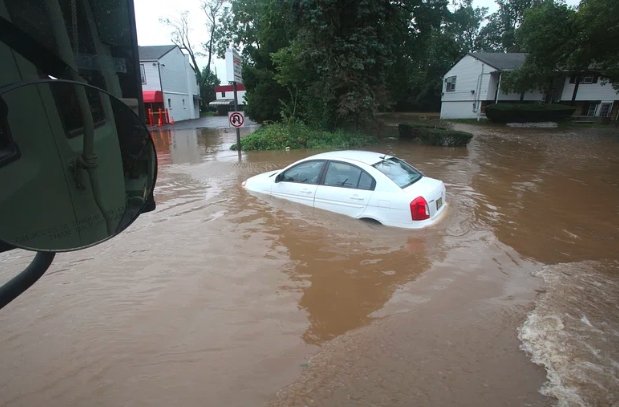Thousands of new homes built on flood-prone land
According to a recent report by the Environment Agency, more than 10 percent of all new homes in England have been built on land at the highest risk of flooding since 2013. Planning applications were approved for 5,000 new homes in areas of high flood risk in England in 2021 alone. This raises serious concerns about the safety and sustainability of these properties, as well as the financial implications for homeowners and insurers.
Experts warn that building homes on flood-prone land is a short-sighted and irresponsible decision that could have devastating consequences for the environment and the economy. Climate change is expected to increase the frequency and severity of flooding events in the UK, putting more lives and properties at risk. Moreover, homes built on flood plains are often impossible to insure, leaving homeowners vulnerable to huge losses and damages.
The challenges of insuring flood risk homes
Insuring homes built on flood-prone land is a complex and costly challenge for both homeowners and insurers. Homeowners may face difficulties in finding affordable and adequate insurance cover for their properties, or may be denied insurance altogether. Insurers may have to charge higher premiums and excesses, or impose stricter conditions and exclusions, to account for the higher risk of flooding.

The UK government and the insurance industry have established a scheme called Flood Re, which aims to provide affordable and accessible insurance for high-risk homes. However, Flood Re does not cover homes built after 2009, as a way to discourage developers from building on flood plains. This means that thousands of new homes are excluded from the scheme, and may have to rely on the open market for insurance, which may not offer sufficient or affordable protection.
The need for better planning and regulation
To address the issue of building homes on flood-prone land, experts call for better planning and regulation from the government and local authorities. They urge the government to revise its planning policy and guidance, and to enforce stricter standards and criteria for approving new developments on flood plains. They also suggest that local authorities should consult with the Environment Agency and other stakeholders, and conduct thorough flood risk assessments, before granting planning permission for new homes.
Experts also recommend that developers and homeowners should adopt more sustainable and resilient design and construction practices, such as using flood-resistant materials, raising floor levels, installing flood barriers, and creating green spaces and drainage systems. These measures could help reduce the impact of flooding on properties and the environment, and improve the chances of obtaining insurance cover.
The benefits of going green
Going green is not only good for the environment, but also for the economy and society. By building homes on safer and more sustainable locations, developers and homeowners could enjoy the following benefits:
- Saving money on insurance premiums and repairs
- Increasing the value and attractiveness of properties
- Enhancing the health and well-being of residents
- Reducing greenhouse gas emissions and carbon footprint
- Preserving natural resources and biodiversity
- Supporting local communities and businesses
Going green is the way forward for the UK housing sector, as it could help address the challenges of climate change and flooding, and create a more resilient and prosperous future for everyone.


















